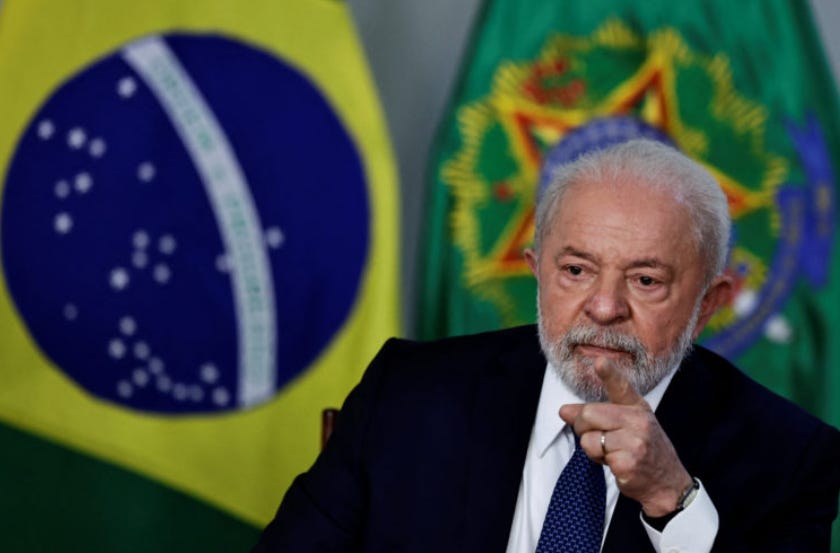Is There Trouble Ahead for Brazil?
Why Are Investors Pulling Back?
Is trouble on the horizon in Brazil? Rising interest rates, regulatory bottlenecks (including the AI Act, aggressive scrutiny from the ANPD, and a potential STF ruling on Article 19 of the Marco Civil da Internet [Law 12,965/2014] that could alter platform liability protections), persistent inflation, and political uncertainty (exemplified by Lula's fragile governing coalition amid rising pro-market populist sentiments) are causing major investors to scale back their ambitious plans ahead of the 2026 election.
Adding to the tension, former president Bolsonaro is now facing potential arrest after being charged with sedition and attempting to violently subvert the 2022 election. He is also implicated in the 'Green and Yellow Dagger' plot, a conspiracy to poison Lula and assassinate Supreme Court Justice Alexandre de Moraes.
At the same time, Trump Media Group and Rumble are jointly suing Justice Moraes in a Florida court for overreach, accusing him of attempting to silence a US-based Brazilian commentator who supports Bolsonaro, a self-declared Trump ally. With Trump back in the Oval Office and Elon Musk—whose company, X, was suspended last year in Brazil by Moraes for alleged hate speech and noncompliance—now holding significant influence in the Trump administration, the geopolitical rifts are palpable.
With U.S.-Brazil relations under Lula, a self-declared socialist, at an all-time low and domestic tensions running high in an already deeply polarized political environment, could the right reclaim power in 2026, or is Brazil heading toward a period of prolonged political and economic instability? This panic is rippling through the business sector.
Some investors are delaying investments, while others are selling assets to reduce debt exposure. But how significant are these political risks in making investors wary of committing substantial capital to the South American nation?
On February 19, Bloomberg reported that billionaire Rubens Ometto sold his 9 billion reais ($1.58 billion) stake in Vale SA to help reduce debt at Cosan SA, his energy and logistics conglomerate. With Brazil’s benchmark Selic interest rate rising from 12.25% in December 2024 to 13.25% by February 2025, borrowing costs are climbing, and investor appetite for risk is clearly shrinking.
Executives across industries, from finance to manufacturing, are taking a wait-and-see approach. Social media posts this week from key business leaders in Brazil have echoed similar concerns, with many choosing to hold back until the 2026 election brings greater clarity. But what exactly does this mean?


